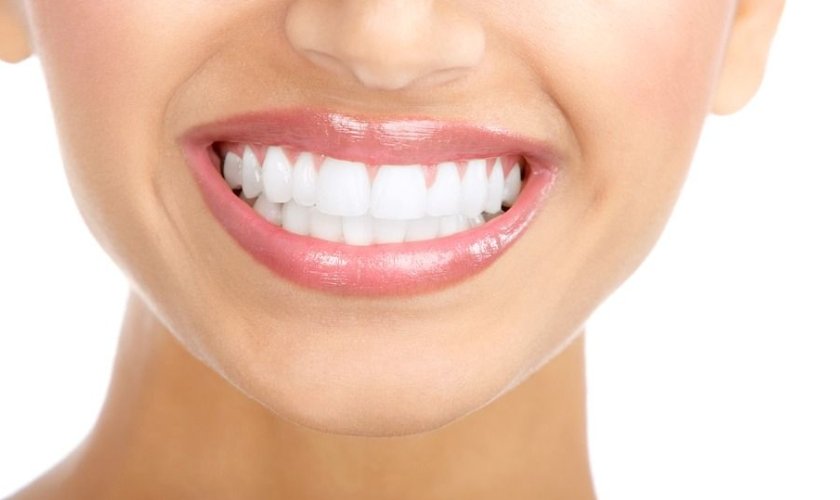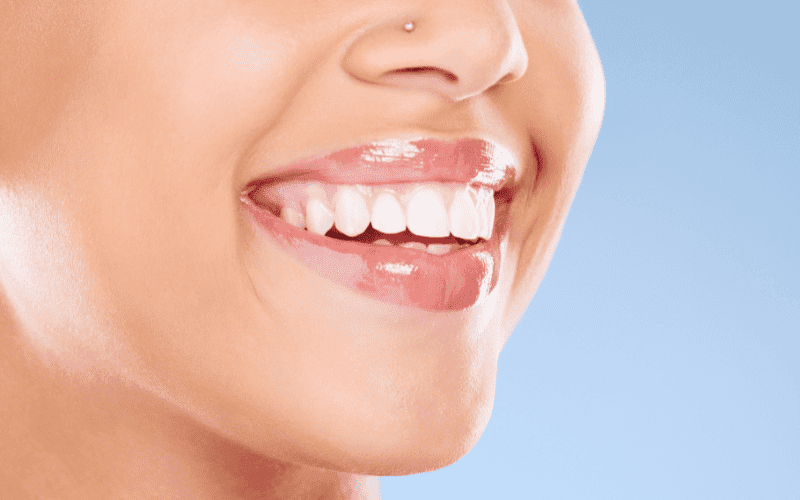

Teeth whitening is a popular cosmetic dental procedure. Many people seek it to enhance their smiles. However, concerns about safety often arise. Is teeth whitening safe for your teeth? Let’s explore the different aspects of this treatment and determine if it poses any risks to dental health.
What is Teeth Whitening?
Teeth whitening involves the use of various products or procedures to lighten the color of teeth. Common methods include:
- Over-the-counter products: Whitening strips, gels, and toothpaste.
- Professional treatments: In-office whitening performed by a dentist.
- At-home kits: Customized trays with whitening gel provided by a dentist.
These methods use active ingredients like hydrogen peroxide or carbamide peroxide to break down stains. They can effectively lighten teeth several shades, giving a brighter appearance.
The Safety of Teeth Whitening
When considering if teeth whitening is safe for your teeth, several factors come into play. Let’s take a closer look at them:
1. Potential Side Effects
While many people undergo teeth whitening without issues, some may experience temporary side effects. These can include:
- Tooth sensitivity: Some individuals may feel discomfort during or after treatment.
- Gum irritation: The whitening agents can cause mild irritation to the gums.
- Uneven results: If not applied correctly, results may vary between teeth.
2. Professional vs. At-Home Whitening
Choosing between professional and at-home whitening can impact safety.
- Professional treatments are typically safer because dentists monitor the process. They can customize treatments based on your dental health.
- At-home kits vary in strength and effectiveness. Overusing them can lead to enamel damage or increased sensitivity.
It’s essential to follow instructions carefully. Always consult your dentist before starting any whitening regimen to determine what’s best for you.
3. Ingredients in Whitening Products
Most whitening products contain hydrogen peroxide or carbamide peroxide. While effective, these ingredients can pose risks if misused.
- Hydrogen peroxide: At higher concentrations, it can cause enamel erosion. However, professional treatments use controlled amounts to minimize risk.
- Carbamide peroxide: This is a gentler option, breaking down into hydrogen peroxide over time.
Before using any product, check the concentration of these ingredients. Higher concentrations are not always better.
Tips for Safe Teeth Whitening
To ensure safe teeth whitening, consider these tips:
- Consult your dentist: Get professional advice tailored to your dental needs.
- Choose reputable products: Look for ADA-approved products to ensure safety and effectiveness.
- Follow instructions: Adhere to the guidelines provided with your whitening products.
- Take breaks: If using at-home treatments, allow your teeth time to recover to minimize sensitivity.
When to Avoid Teeth Whitening?
Some individuals should avoid whitening treatments altogether:
- Pregnant or nursing women: Safety during pregnancy hasn’t been well-studied.
- People with dental issues: Those with cavities, gum disease, or sensitive teeth should seek treatment for those conditions first.
- Children and teens: Their enamel is still developing, so whitening may not be appropriate.
If you have concerns about your dental health, it’s essential to speak with a dental professional before starting any whitening procedure.
Is Teeth Whitening Right for You?
Determining whether teeth whitening is safe for your teeth depends on individual factors. Consider your dental history, the method you choose, and your expectations.
- Consulting a dentist can provide clarity. They can assess your dental health and recommend the best approach.
- Evaluate your goals: If you’re looking for a brighter smile, weigh the risks and benefits of each method.
By prioritizing safety and professional guidance, you can enjoy the benefits of teeth whitening with peace of mind.
So, is teeth whitening safe for your teeth? Yes, it can be safe when done correctly and under the right conditions. Consulting with your dentist ensures you choose the best option for your needs. Prioritize your dental health and be mindful of the products you use. A bright smile awaits you, but safety should always come first. If you’re considering whitening treatments, reach out to your dentist for personalized advice.
Frequently Asked Questions
How long do the effects of teeth whitening last?
The longevity of teeth whitening results varies by individual and method used. Typically, professional whitening treatments can last from six months to two years. Over-the-counter products may provide shorter results, usually lasting a few months. To maintain brightness, good oral hygiene and regular touch-ups with at-home products are recommended.
Can teeth whitening damage my enamel?
When done correctly, teeth whitening should not damage your enamel. However, overusing high-concentration products can lead to enamel erosion and increased sensitivity. It’s crucial to follow instructions and consult a dentist to choose the safest option for your teeth.
Can I whiten my teeth if I have sensitive teeth?
People with sensitive teeth can still whiten, but caution is necessary. Choose products specifically designed for sensitive teeth, which often contain lower concentrations of bleaching agents. Additionally, consider consulting a dentist to determine the best approach for your situation.




